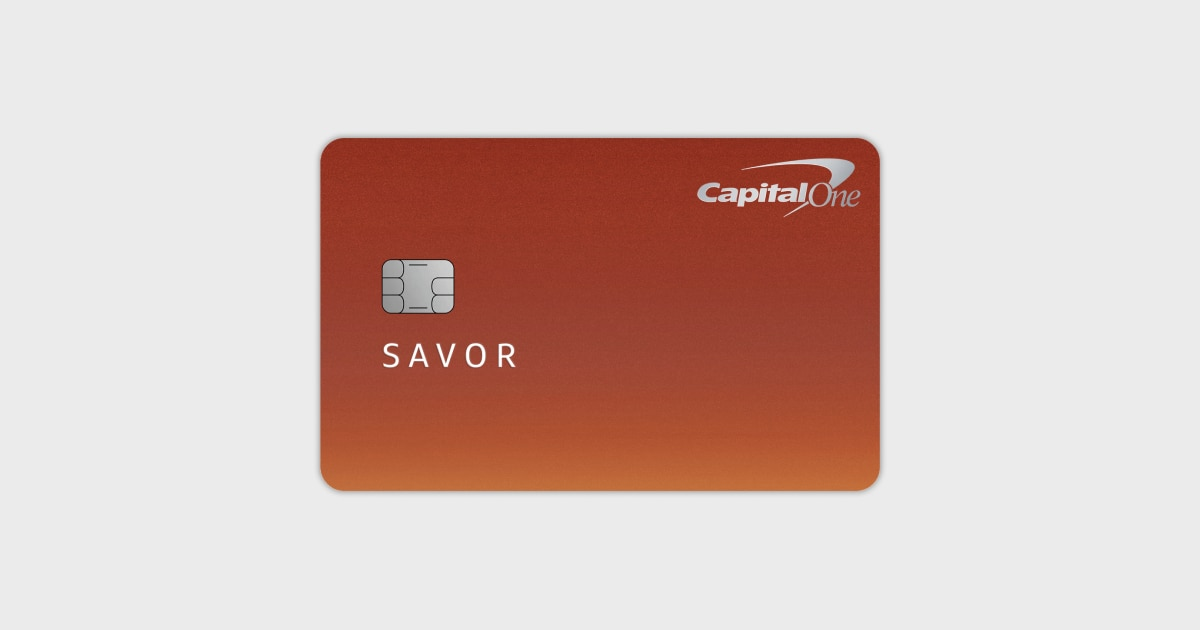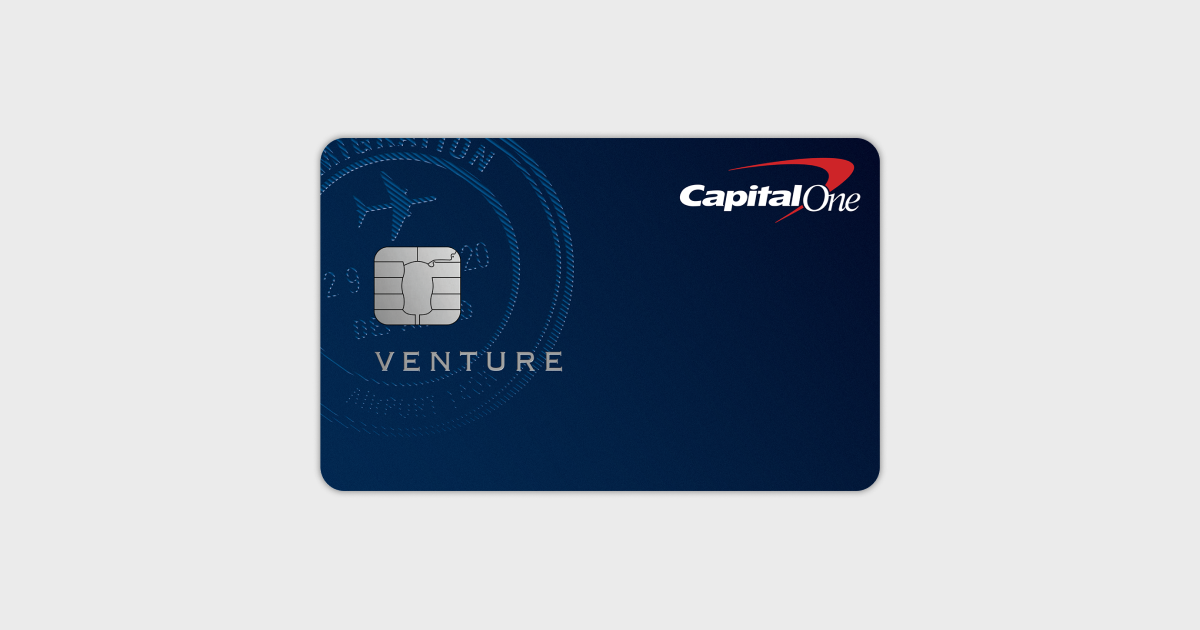Creating a financial plan can be daunting, but learning how to build a monthly budget is an essential step in achieving financial stability. A well-crafted budget helps you manage your income, expenses, and savings, ensuring you make informed financial decisions. This article will guide you through creating a monthly budget that actually works and adapts to your lifestyle and financial goals.
Before you dive into the budgeting process, it’s crucial to understand your financial situation. Gather all relevant financial documents, such as bank statements, bills, and pay stubs. Having a clear picture of your income and expenses will make it easier to create a realistic budget.
Remember, the purpose of a budget is to allocate your money in a way that aligns with your priorities. By tracking your spending and adjusting your habits, you can take control of your finances and work towards your financial goals with confidence.
Set Clear Financial Goals
The first step in building a successful budget is to set clear and achievable financial goals. These objectives will serve as the foundation of your budgeting process. Whether you’re saving for a vacation, paying off debt, or building an emergency fund, having a clear target will motivate you to stick to your budget.
Start by identifying both short-term and long-term goals. Short-term goals might include paying off a credit card balance within a few months, while long-term goals could involve saving for a down payment on a house. Write down your goals and prioritize them based on their importance and urgency.
Once your goals are established, assign a dollar amount and timeline to each. This will help you create a roadmap for your budget and allow you to measure your progress over time.
Track Your Income and Expenses
Accurately tracking your income and expenses is essential for building a budget that works. Begin by listing all your sources of income, including your salary, side hustles, and any other earnings. Knowing exactly how much money you have each month will help you make informed decisions about your spending.
Next, categorize your expenses. Common categories include housing, utilities, groceries, transportation, entertainment, and savings. Be sure to include both fixed expenses, such as rent or mortgage payments, and variable expenses, like dining out or shopping.
Use a spreadsheet or budgeting app to record your spending. Regularly update and review this information to identify patterns and areas where you can cut back.
Create a Realistic Spending Plan
Once you have a clear understanding of your income and expenses, it’s time to create a realistic spending plan. Allocate your income to cover your essential expenses first, such as housing, utilities, and groceries. Ensure that your spending aligns with your financial goals.
Consider implementing the 50/30/20 rule as a guideline: allocate 50% of your income to necessities, 30% to discretionary spending, and 20% to savings or debt repayment. Adjust these percentages to fit your personal circumstances and financial goals.
It’s important to be realistic about your budget. Avoid setting overly restrictive limits that could lead to frustration or burnout. Allow some flexibility for unexpected expenses or changes in your financial situation.
Monitor and Adjust Your Budget
A successful budget is not static; it requires regular monitoring and adjustments. Set aside time each month to review your spending and compare it to your budget. This will help you identify areas where you may be overspending and make necessary changes.
If you find that you’re consistently exceeding your budget in certain categories, reassess your spending habits and consider adjusting your budget to better reflect your actual expenses. Likewise, if you have a surplus in certain areas, allocate those funds towards your financial goals.
Remember that life circumstances can change, and your budget should evolve accordingly. Regularly reevaluate your goals and spending patterns to ensure your budget remains effective and relevant.
Utilize Budgeting Tools and Resources
In today’s digital age, numerous tools and resources are available to help you manage your budget effectively. Budgeting apps like Mint, YNAB (You Need A Budget), and PocketGuard can simplify the process by automatically tracking your spending and providing customized insights.
These tools often come with features like spending alerts, goal tracking, and detailed reports, which can enhance your budgeting experience and keep you accountable. Choose a tool that aligns with your preferences and offers the features you need to succeed.
Additionally, consider seeking financial advice from professionals or trusted resources, such as blogs, podcasts, or books, to further enhance your budgeting knowledge and skills.
What is How to Build a Monthly Budget?
Understanding how to build a monthly budget involves organizing your finances to create a planned allocation of your income toward covering expenses, savings, and debt repayment. It is a financial strategy that assumes control over cash flow, ensuring funds are directed towards priorities.
Building a budget requires discipline and ongoing evaluation; however, a proper budget helps prevent overspending and enables better financial decision-making, reducing stress regarding money management.
When you consistently implement and revise a monthly budget, you position yourself to achieve financial objectives, secure your future, and maintain peace of mind with your financial status.
Seek Support and Stay Motivated
Building a budget and sticking to it can feel overwhelming at times, but seeking support can make the process more manageable. Talk to friends or family who have experience with budgeting, and don’t hesitate to ask for advice or encouragement when needed.
Joining online forums or communities focused on personal finance can also provide a sense of camaraderie and motivation. Sharing your challenges and successes with others can keep you inspired and accountable.
Celebrate your achievements, no matter how small. Recognizing progress towards your financial goals will motivate you to continue your budgeting journey and ultimately lead to lasting success.
Embrace the Benefits of Budgeting
Embracing budgeting ultimately leads to a more organized and fulfilling financial life. By building a monthly budget that aligns with your aspirations, you can reduce financial anxiety and make empowered decisions about your lifestyle and future.
Sticking to a budget helps build financial discipline, resulting in improved savings and reduced unnecessary expenditures. Opportunities for financial growth and security increase as you maintain a healthy balance between spending and saving.
Incorporate budgeting into your life and acknowledge its positive impact on your financial well-being. A diligent approach to budgeting results in a secure future and a strong foundation for realizing personal and financial ambitions.
Reflect and Grow from Your Budgeting Experience
Regular introspection ensures that your budgeting practices remain effective and meaningful. Reflect on your successes and challenges as you advance in your budgeting journey.
Evaluate whether your financial goals align with your values and adjust your budget accordingly. Embrace growth opportunities and stay open to testing new approaches that might improve your budgeting experience.
By absorbing insights from your budgeting experience, you can refine your practices and be better equipped to tackle future financial challenges. Consistent reflection and growth fortify your financial foundations and contribute to long-term prosperity.
Start Your Budgeting Journey Today
Embarking on the journey of building a monthly budget might feel like a challenge, yet it is a rewarding endeavor that puts you on the path to financial stability. Start today by setting achievable goals, tracking your income and expenses, and creating a spending plan.
Commit to regularly monitoring and adjusting your budget, utilizing resources, and seeking support when needed. By continuously improving and adapting your budgeting strategy, you lay the groundwork for a financially secure and abundant future.
Ultimately, discovering how to build a monthly budget that works allows you to take control of your financial destiny and achieve the life you envision. Your commitment to budgeting today paves the way to prosperity and financial freedom tomorrow.









Leave a Reply